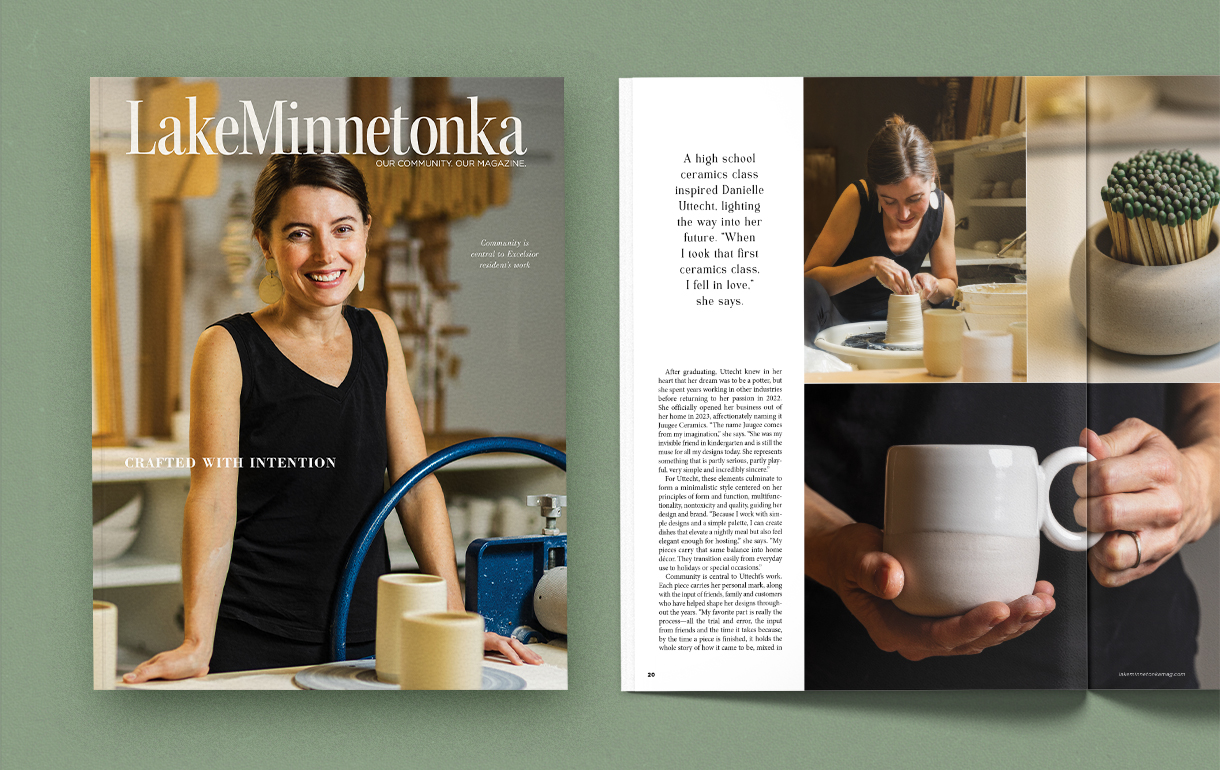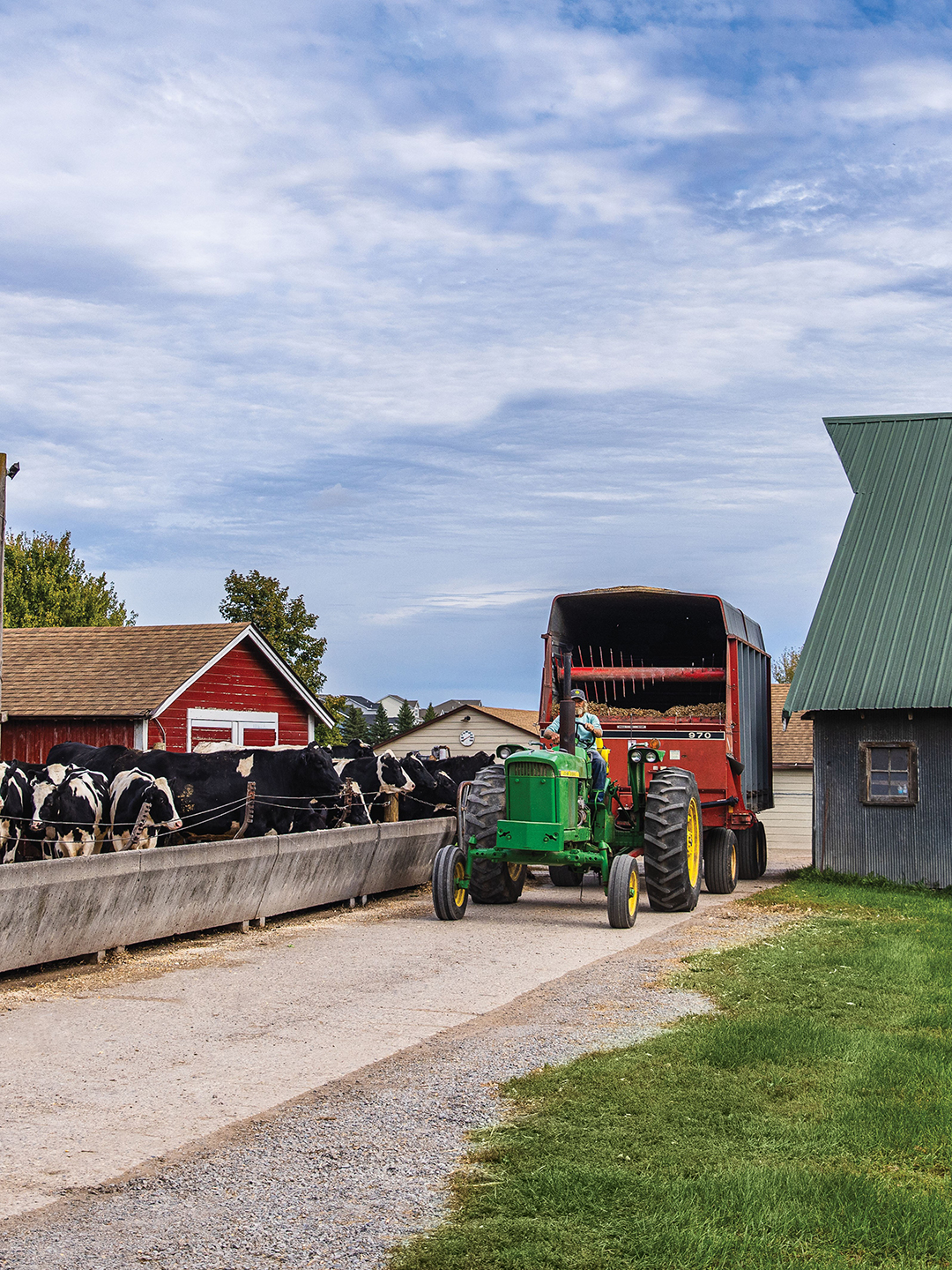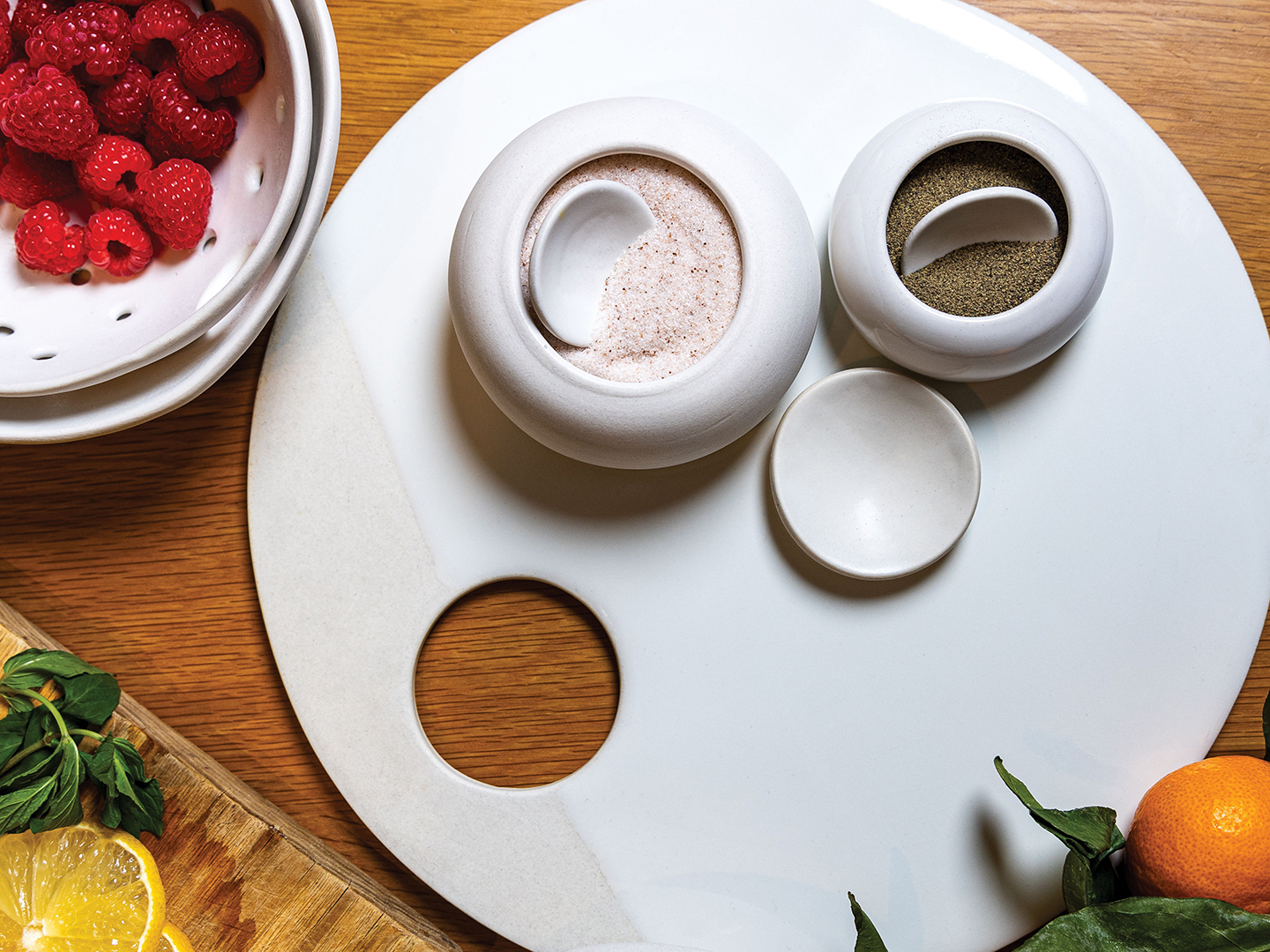
iStock/Christina Baldwin
Cheers to the benefits of drinking organic wine.
Making informed choices about the wine we serve at our tables or give as gifts around the holidays isn’t always easy. From choosing from the number of wineries and varietals from around the globe to understanding topics related to terroir and other wine-growing matters, one can easily get overwhelmed.
Thankfully, there are local wine experts at the ready to educate us all—from the novice to the oenophile—about the ins and outs of purchasing wine.
In Excelsior, Wine Republic is home to a rotating variety of organic wines from across the globe. It boasts a commitment to sourcing pure, sustainable vinos. “Cleanliness is what differentiates us,” says co-owner R.J. Judalena. “We look at what people are drinking, and we try to find the best of what that is.”
Despite the proliferation of organic food markets in recent years, Judalena says the notion of avoiding man-made, synthetic elements in people’s diets was not crossing over into beverage choices—including wine. “Wine is food,” he says. “What goes together, grows together.”
What differentiates organic wine from other conventional wine is the agricultural practices and processes used to create it. Judalena says the shop makes its wine selections from three defining characteristics: If the wine is sustainable, organic or biodynamic (a holistic approach that uses only organic and locally sourced materials for growing and production).
Though you can’t always tell the difference by taste, when it comes to organic wine, there are varying chemical characteristics during the growth and creation processes that are worth noting.
First, healthy practices can translate to healthy results. Organic grapes are not sprayed with man-made pesticides or herbicides, which not only benefits your body, but also the environment. Less artificial chemical usage can help reduce pollution levels from excess runoff, further enhancing the biodiversity of a given region.
Next, organic wines contain fewer additives, such as refined sugars, sulfuric acids or filling agents. Sulfuric acids, or sulfites, are food preservatives that maintain the flavor and freshness of a wine.
For those interested in taking a deeper dive into the wine bottle, Wine Republic offers a wine club. Designed to expose clientele to new varieties, Judalena says he works to develop a relationship with customers to understand their interests, taste (in both food and wine) and interest in a host of geographical wine regions.
“After a year with us, your palate will change, not drastically, but you will understand what you like better,” he says. “You’re going to understand the wine better than if I am talking to you in technical terms.”
The shop also offers a variety of guided tasting classes and trips to places like California, Croatia, France and Italy. The experiential events provide an inside look behind a region’s most notable producers through a variety of wine- and culinary-focused visits. “It makes it easy to enjoy wine … If you have a better understanding, you will be more inclined to try,” Judalena says. “All you have to do is drink it, and you can decide if you like it or don’t.”
The Wine Republic
438 Union Place #2, Excelsior; 952.470.2220
Facebook: The Real Wine Republic
Instagram: @therealwinerepublic
Twitter: @thewinerepublic




















